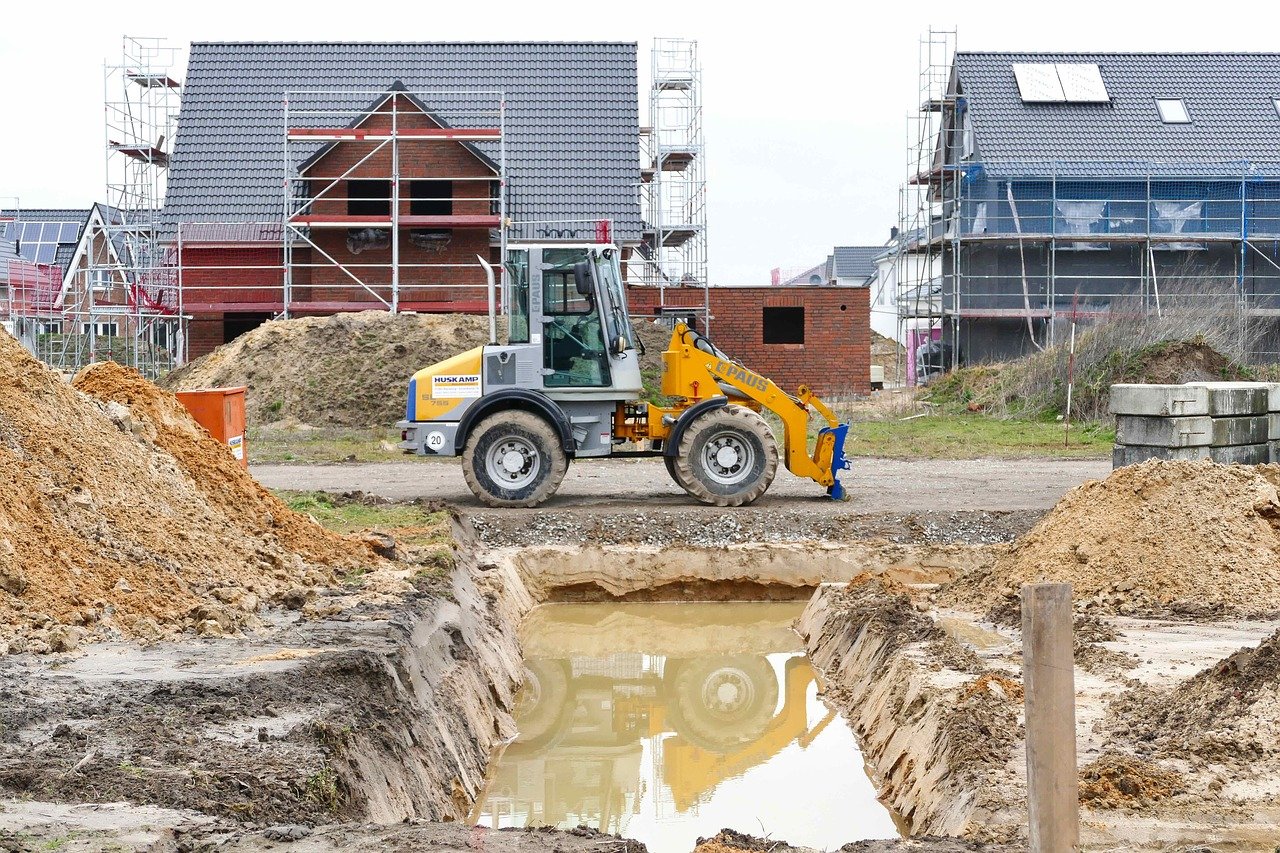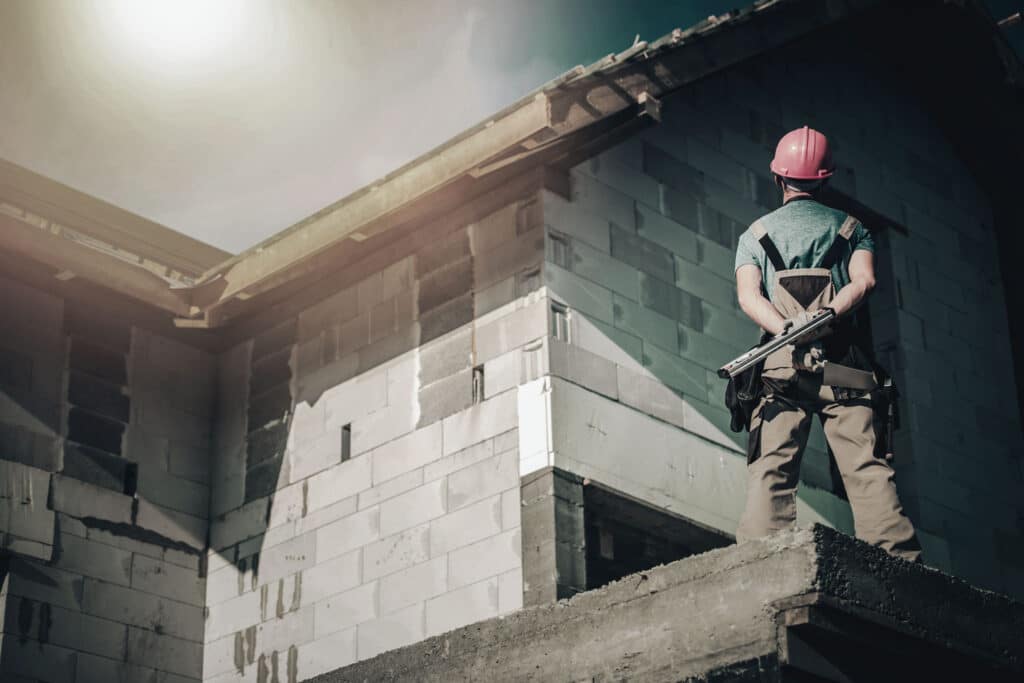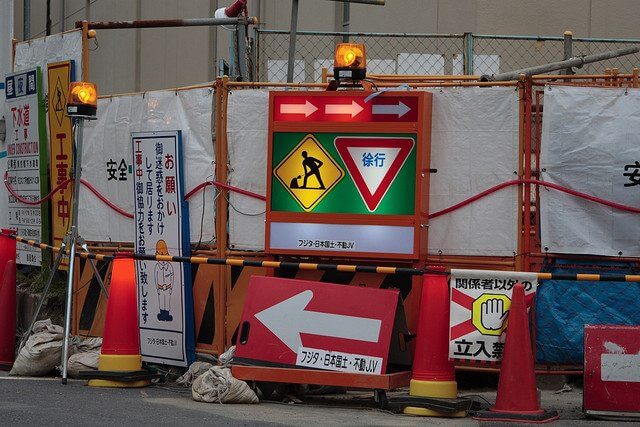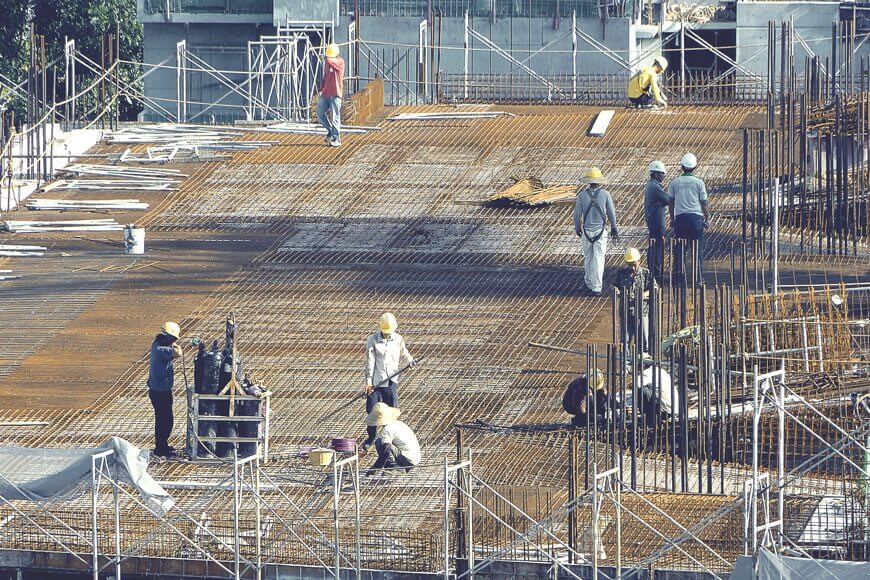There are a lot of things that go into delivering successful residential construction projects, including planning, budgeting, inspections, safety measures, etc. It’s important to ensure every process and workflow goes according to plan and yields the expected outcomes.
Navigating such complex terrain requires proper management and extensive experience to oversee every aspect of the project. More importantly, project managers must adopt certain practices as part of their policy to ensure efficiency, boost productivity, and minimize delays.
In this post, we’ll explore the best practices for residential construction project management that managers can implement to ensure success.
Free eBook: Unveiling the Path to Digital Transformation in Construction
1. Utilise project management software
With the digitisation of the construction industry, project management software has changed the nuances of managing projects. It has centralised every process and workflow while providing access to crucial data for decision-making and future reference.
Using software can help with budgeting, document management, task scheduling, project tracking and communication. It offers a single platform for every project-related task and brings together all project stakeholders for seamless collaboration, faster approvals, and better insights.
You might also like: 5 effective ways to simplify complicated construction project management tasks
2. Effective communication and collaboration
Collaboration and communication with stakeholders and team members make the difference between project failure and success. The project can derail if your team fails to communicate, share vital information, and make key decisions together.
Apart from your software, you should also use building information modelling (BIM) to increase cohesiveness and reduce siloed activities. Remember to define clear roles and responsibilities, centralise data for easy access, and enable real-time communication and notifications to ingrain collaboration early in the project.
More to read: Why digital construction software is the right tool for collaboration and construction management
3. Proactive risk management
Risks are commonplace in any construction project, so you need a proactive risk management plan to minimise delays or costly implications. Such risks can be project, environmental, legal, safety or financial.
Your risk management plan should provide methods for risk identification, assessment, mitigation, monitoring and reporting. You can use fully-featured Gantt charts and dashboards to manage risks and deploy crews quickly to address them.

4. Ensuring quality control
Up to 60% of general contractors say quality issues have a high negative impact on the profitability of their business. Beyond the financial repercussions, quality issues can lead to wastage of materials, time, and resources by over 20%.
Therefore, it’s essential to set up quality processes, such as quality assurance and quality control. These processes help to ensure a job has fulfilled the project’s quality requirements and industry standards. Also, take advantage of ongoing risk assessment to identify risks and concerns that might impact quality.
Further reading: Quality assurance with quality control in construction
5. Implementing change management processes
Even with a well-defined and detailed project scope, change orders are likely to occur in any project – what matters is how you manage them. Poor change management can lead to timeline delays and cost overruns, hindering the project’s success.
Instead, you need clearly defined change management processes to manage every occurrence. This includes identification, communication, proper team alignment, and documentation. You also need criteria for implementing changes to the project’s budget and schedule to avoid pushing through inappropriate changes.
6. Regular monitoring and reporting
It’s important to monitor and report the progress and performance of any construction project. This involves tracking every aspect that affects the costs and timeline of the project, including tasks, materials, RFIs, submittals, change orders, equipment, labour, etc.
Given the complexity of construction projects, effective monitoring can be a challenge. This is even complicated if you use paper-based methods. Instead, you need to connect stakeholders in a single digital platform, where they can share photos, communicate in real-time, leverage project maps, and file reports. If possible, use drones and satellites to visually monitor projects.
Related article: How technology can help you maintain your profit margins at residential projects
7. Adopting sustainable construction practices
As clients become environmentally conscious, it’s imperative to adopt sustainable construction practices to ensure long-term success. This involves using renewable and recyclable materials and minimising waste on the project site. You should also build projects that reduce energy consumption.
This is particularly important given that the building industry accounts for up to 45% of total CO2 emissions in the UK. You can appeal to more clients by constructing green buildings, treating water on-site, and limiting material usage. Also, take advantage of technology to use long-lasting and renewable materials, such as insulated panels and access doors.
Improve residential construction management
Any construction project has its unique complexities, which tend to grow in the course of the project. Your ability to manage these complexities is what matters, and this demands gaining full visibility into your workflows and centralising your operations.
Using construction project management software is the best way to do that. It allows you to connect every aspect of your site, manage documents, get reports anywhere, communicate in real-time, and ditch the paperwork and silo magnets.
At LetsBuild, we offer solutions that cater to the needs of every construction project. You can connect your data and integrate your tools to build an ecosystem that supports productivity, efficient collaboration, streamlined communication, and effective project monitoring.
Book a demo today to learn how our products can simplify your residential project management.




